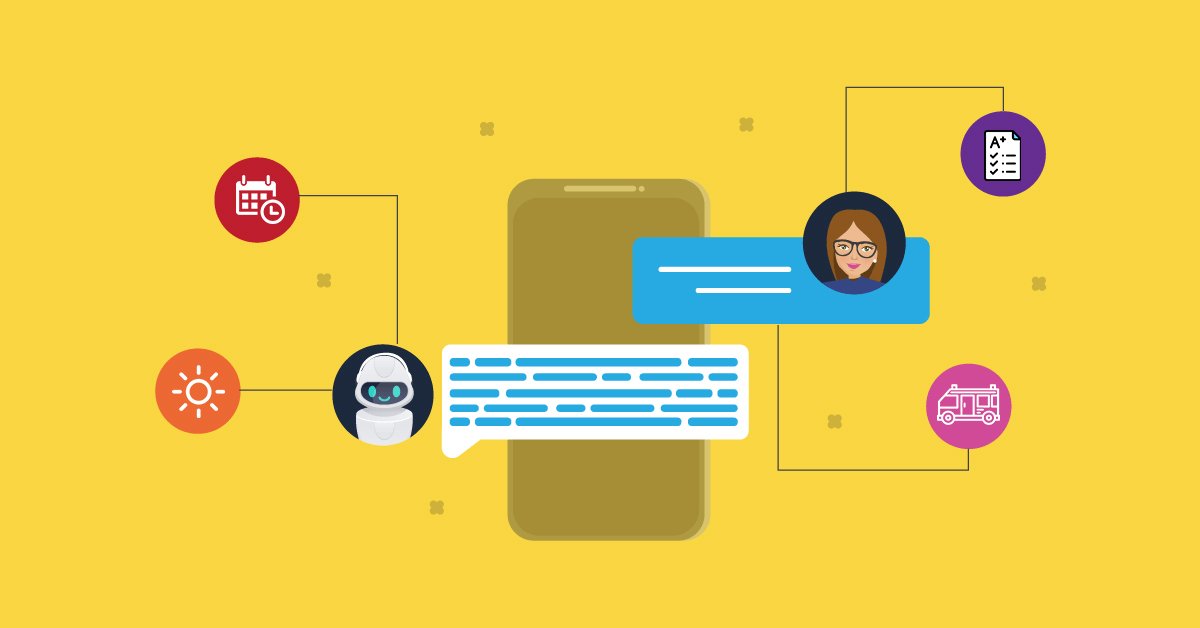How AI Personal Assistants Transform Student Experience?
Talking to machines just like the way you talk to your friends is neither a miracle nor a science fiction anymore. Thanks to the advancements and progressions made in the world of machine learning, artificial intelligence, natural language processing for making this a reality for us. As per a report, by 2020, 85% of the customer interactions will be handled without any human intervention and higher ed institutions are sure to seek benefit from it.
Where science fiction claims chatbots to be nothing but robots embodied with human minds, considering them to be way more than what a human mind can fathom is simply hard to overlook. With the market booming with voice-based assistants like Alexa, Apple Homepod, and Google Home, it’s hard to ignore customers’ inclination towards apps that are supported by chatbots.
“37% of Americans use a chatbot to get a quick answer in case of an emergency!”
Gen Z Students and Expectations
While living in the world of instant gratification and on-demand economy, it comes as a no surprise that gen z students expect way more than just traditional classrooms. Students expect to learn in a more tech-connected world, where they can get easy access to all things they need in their student lifecycle, be it instant career advising or degree audits to track if they are on the right track towards completing their degree. Not just this, there is much more to the role of personal assistants in higher education, like providing resolution to an array of administrative tasks, assisting students for career opportunities and the list goes on…
Advanced & Enhanced Conversations
Let’s talk…
There has always been a constant denial around chatbots being able to respond in a way humans expect. Agreed?
But the scenarios have changed and everyday news around enhancements in this space surely put a stamp on the fact. How did you feel when Google showed up with AI assistants talking human voices? Isn’t it a leap to remember towards making conversations better and ready for the future?
Bill Gates lauds the potential for what he calls “dialogue richness,” where a chatbot can really hold a conversation with a student, essentially making it into a tutor that can walk them through even the toughest, most subjective topics.
Coming back to the abilities of the chatbots to communicate as expected
If you recall, when the voice-based assistants like Cortana for Windows, Siri for iOS, and google assistant for Android devices were introduced for mobile devices, they didn’t have the abilities to recall the previous conversations and the context of previously asked questions was always lost.
However, do you know that today with the help of NLP (Natural Language Processing), chatbots can understand all the phrases you say, perform different complex actions, go through multiple commands, and remember the things you have shared in the past conversations? Indeed, you could see the progression on the graph.
Chatbots and Student Experience
Chatbots are expected to have a lasting impact on student life throughout their campus life. There are numerous services that students can leverage chatbots for, be it help with the assignments due, figuring out the job options per their choice or receiving test grades on the go. This enables the students to perform with better efficiency and make their educational experience engaging. I wish we had chatbots during our days 🙂

The Bottom Line Is
Will AI replace human interactions? Will it take over the education industry out-and-out? These must be among a few intriguing questions crossing your mind.
To infer – Human interactions are here to stay. Technology won’t replace deeper and richer face-to-face communications that students can have with their professors, teachers, and mentors; however, technology will find its place in the higher ed space to uplift the overall student experience and make campus life easier and engaging than ever. Have you tuned in your students with AI personal assistants yet? How can we help?

